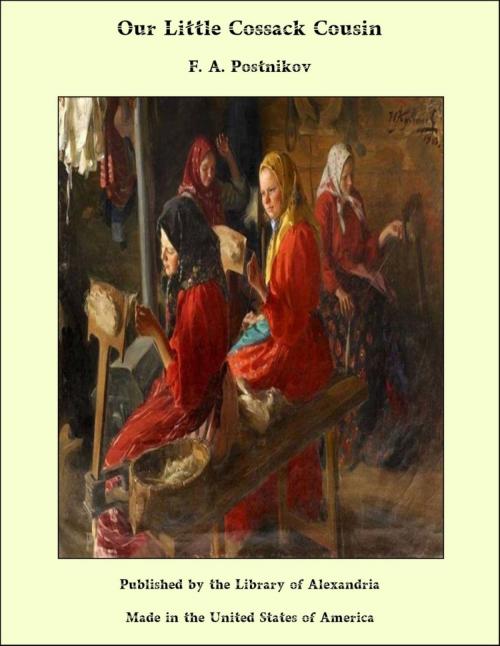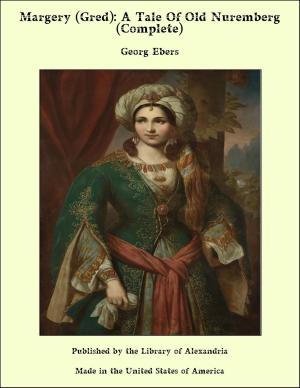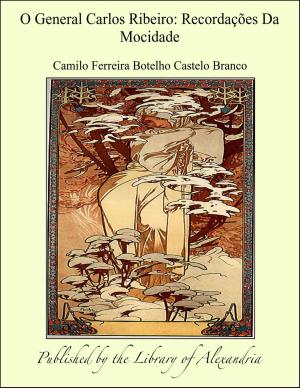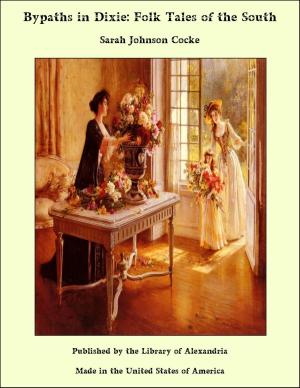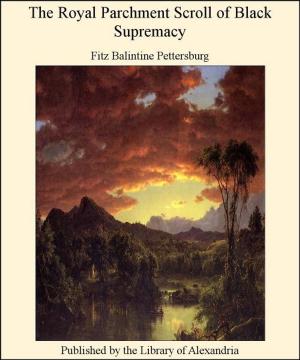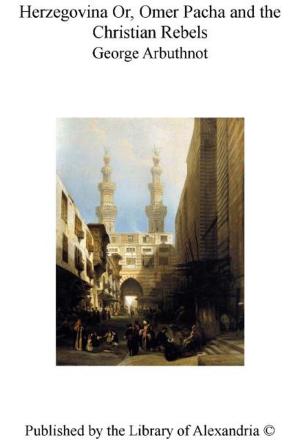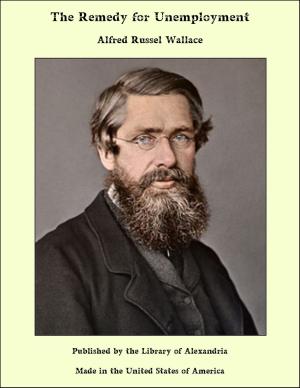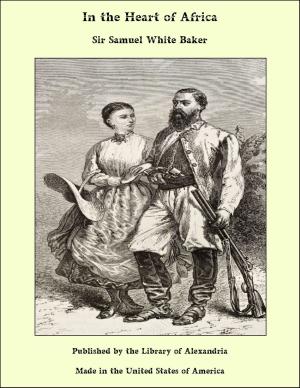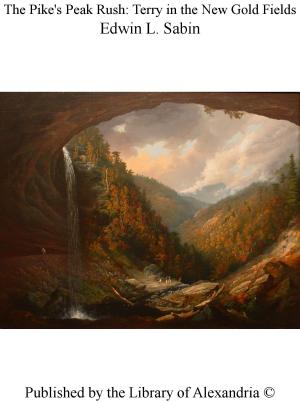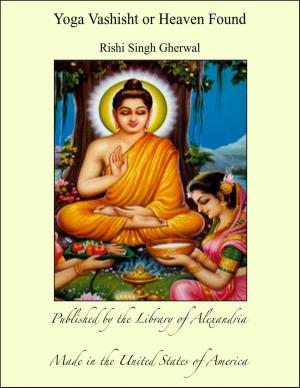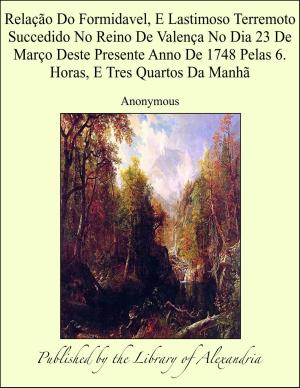Our Little Cossack Cousin
Nonfiction, Religion & Spirituality, New Age, History, Fiction & Literature| Author: | F. A. Postnikov | ISBN: | 9781465602336 |
| Publisher: | Library of Alexandria | Publication: | March 8, 2015 |
| Imprint: | Language: | English |
| Author: | F. A. Postnikov |
| ISBN: | 9781465602336 |
| Publisher: | Library of Alexandria |
| Publication: | March 8, 2015 |
| Imprint: | |
| Language: | English |
The name Cossacks is given to a large part of the Russian population. These people are endowed with special privileges in return for specific military service. They are of different racial origin. There are ten separate voiskos, settled along the frontiers, those of the Don, Kuban, Terek, Astrakan, Ural, Orenburg, Siberian, Semir-yechensk, Amur, and Ussuri. These differ in many respects, though with a similar military organization, the primary unit of which is the stanitsa or administrative village. The historical Cossacks are those of the Don and of the Dnieper Rivers in Russia, of whom it has been said that they were "originally passionate lovers of freedom who went forth to find it in the wilderness." The other Cossack divisions have been patterned after these by the Government. In the later sections the military spirit and the old Cossack traditions are carefully fostered. Our book deals with the Ussuri Cossacks of Siberia, among whom Colonel Postnikov lived for many years, both as an officer and as a civil engineer. Although the story is written in the first person, it is in no sense an autobiography of the author, who was born in western Russia. Besides the country around Ussuri River, other sections of Siberia and other classes of people than the Cossacks are described incidentally. In the spelling of Russian names, an endeavor has been made to give some idea of the actual pronunciation.
The name Cossacks is given to a large part of the Russian population. These people are endowed with special privileges in return for specific military service. They are of different racial origin. There are ten separate voiskos, settled along the frontiers, those of the Don, Kuban, Terek, Astrakan, Ural, Orenburg, Siberian, Semir-yechensk, Amur, and Ussuri. These differ in many respects, though with a similar military organization, the primary unit of which is the stanitsa or administrative village. The historical Cossacks are those of the Don and of the Dnieper Rivers in Russia, of whom it has been said that they were "originally passionate lovers of freedom who went forth to find it in the wilderness." The other Cossack divisions have been patterned after these by the Government. In the later sections the military spirit and the old Cossack traditions are carefully fostered. Our book deals with the Ussuri Cossacks of Siberia, among whom Colonel Postnikov lived for many years, both as an officer and as a civil engineer. Although the story is written in the first person, it is in no sense an autobiography of the author, who was born in western Russia. Besides the country around Ussuri River, other sections of Siberia and other classes of people than the Cossacks are described incidentally. In the spelling of Russian names, an endeavor has been made to give some idea of the actual pronunciation.
